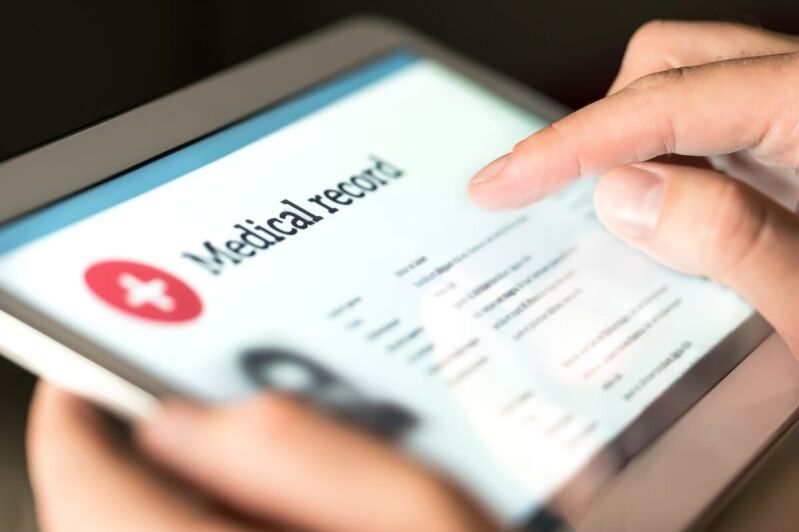
Understanding your patient rights to medical records in Illinois is crucial for protecting your health and legal interests. Whether you need documentation for ongoing treatment, insurance purposes, or potential legal proceedings, federal and Illinois HIPAA laws and other state regulations ensure you can access medical records in Illinois when needed. Accurate medical records serve as vital evidence in healthcare decisions and can be essential in medical malpractice cases.
How Do I Request or Obtain My Medical Records?
Illinois medical records law requires healthcare providers to have specific procedures for releasing patient records. Most providers offer request forms that you should complete, though you can also submit written requests via letter, email, or fax. Your request should include your complete contact information, date of birth or medical record number, specific dates of service, and a detailed description of the records you need.
Healthcare providers may require your Social Security number to locate your records, and you may need to provide identification to verify your identity. Under federal privacy regulations, providers must give you access to:
- Medical history and examination results
- Test results and diagnostic information, including laboratory work, imaging studies, and other assessments
- Treatment records and prescribed medications
- Hospital records and monitoring data
How Long Should It Take Once I Have Requested My Medical Records?
Healthcare providers must respond to your request within 30 days. If they cannot meet this deadline, they may be granted one 30-day extension, provided they submit a written explanation for the delay and an expected response date. The total timeframe should not exceed 60 days.
What Can I Do if My Healthcare Provider Denies My Request?
Healthcare providers can only deny requests in limited circumstances, such as when they believe access might endanger you or others. They cannot restrict access because you have unpaid medical bills or because they think the information might upset you.
If your request is denied, the provider must issue a written explanation for the decision and inform you of your appeal rights. For some denials, you can request an independent review by another licensed healthcare professional. You can also file complaints with the Office for Civil Rights or the Illinois Department of Professional Regulation, or pursue legal action in the Illinois Circuit Court.
Why Working with an Experienced Medical Malpractice Lawyer Is Essential
When medical record issues arise in the context of potential malpractice, having experienced legal representation becomes crucial. At Salvi, Schostok & Pritchard P.C., we have recovered more than $3 billion for our clients, including a $75.8 million medical malpractice jury verdict, a $50.3 million medical malpractice jury verdict, and a $32.7 million medical malpractice jury verdict.
Our diverse team of 20+ top litigators and 35+ supporting staff possesses the resources and skills to aggressively fight for the rights of our deserving clients. We understand how accurate medical documentation proves essential in establishing healthcare provider negligence and securing fair compensation.
As one satisfied review recently said:
“Amazing results. Amazing lawyers. I truly felt so supported throughout my experience!” – Nora K.
If you believe medical record irregularities contributed to harm in your case, contact Salvi, Schostok & Pritchard P.C. for a free consultation to discuss your legal options.
